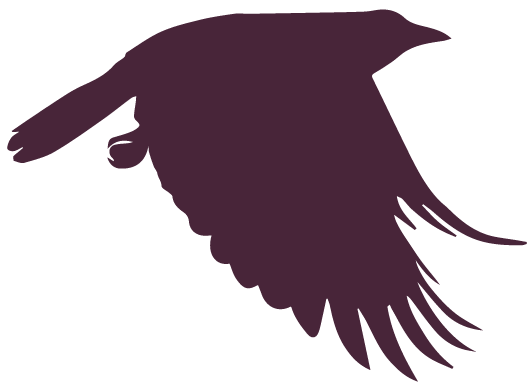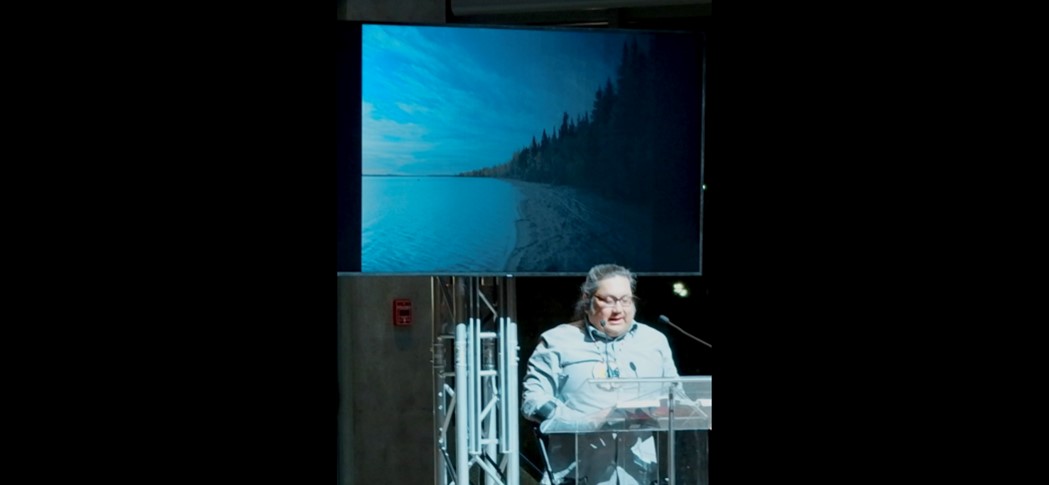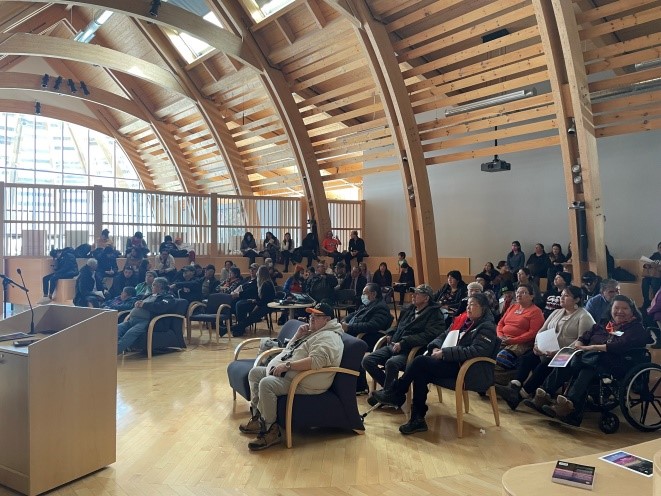
Media
Collection of residential school stories highlights that recovery and healing are possible
You never really get over it, but you heal from it… First, you accept what happened to you, (that) it's not your fault. But you have to accept what really happened and then you have to learn to forgive the unforgivable… and after that… you take responsibility for your actions and hopefully deal with everything that happened to you and hopefully move on," said Awashish, who served as Elder advisor to DyckFehderau.
A collection of recovery stories is incredibly important, he says, because people need to know it’s possible to heal.
"One way of (healing) is to talk about it. It took me a long, long time to talk about what happened at residential school. When I used to talk about it either I was drunk, or I would be upset, or I was angry. But now I can talk about it freely. I'm not upset anymore."
James Bay Cree share stories of trauma survival and recovery
We made the process as gentle and as respectful as we could, but for no one — not one single storyteller — did telling the story appear to be easy."
The stories are undeniably disturbing, necessitating a trigger warning for the entire book. Along with the pervasive abuse, however, emerge dominant themes of survival, resilience, hope and humour. For each storyteller, the work of healing has been worthwhile.
"Through their stories, you learn about culture as treatment, about the power of forgiveness and love, and about peaceful co-existence in community as essential to healing, belief and advancing true reconciliation," says Chief Willie Littlechild of the Ermineskin Cree Nation, a former Truth and Reconciliation Commissioner and U of A graduate.
Eyou Dipajimoon (Cree) with Marjorie Kitty
E natamukw miyeimuwin was launched on March 17 in Ottawa. It is a book of stories by Crees who are recovering from their residential school experiences. We spoke with Wally Rabbitskin, who decided to share his own story in the book.
CBC News archivePast events
Book Launch in Ottawa, Ontario
E nâtamukw miyeyimuwin's first book launch took place on Friday, March 17, 2023 in the Great Hall of the National Gallery of Canada (Ottawa). The Algonquins of Barriere Lake, on whose land the Gallery sits, welcomed attendees and performed a smudging ceremony. Drummers from the Algonquin and Cree Nations each sang their Nation's honour song.

Matthew Iserhoff (above), who narrated the audiobook, read a story from E nâtamukw miyeyimuwin. Speakers at the emotionally-charged event included Bertie Wapachee, Chairperson of the Cree Board of Health and Social Services of James Bay, Ruth DyckFehderau, writer, and Solomon Awashish, Elder from the Cree Nation of Mistissini.
Book Launch in Oujé-Bougoumou, Québec
A second book launch was held on March 28th, 2023 at the Aanischaaukamikw Cree Cultural Institute. This intimate event, at the heart of the Cree Nation of Oujé-Bougoumou, took place mostly in Cree. Elder and storyteller Johnny Neeposh encouraged readers to "read between the lines" in order to understand what the storytellers could not say, stressing the importance of teaching future generations about these events in their ancestry.

Philip Awashish, principal negotiator and signatory of the James Bay-Northern Québec Agreement, traced the connections between Indian residential schooling and land theft. Grand Chief Mandy Gull-Masty spoke last, sharing her personal connection with the stories in E nâtamukw miyeyimuwin. In all, approximately 300 people attended the launches, and 500 books were taken home by attendees.
Mr Awashish has kindly provided the text of his speech, which we invite you to read here.
